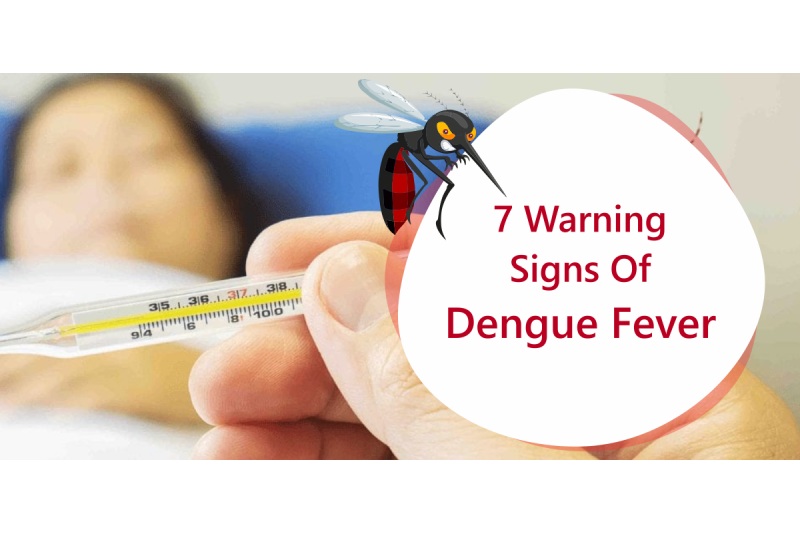A range of symptoms, commonly appearing four to ten days following the bite of an infected mosquito, are indicative of dengue fever. Lethargy, nausea, vomiting, and skin rash are among the symptoms that many people may encounter; these symptoms may manifest a few days after the fever starts.
Minor bleeding, such as nosebleeds, gum bleeding, or easy bruising, may also occur. Avoiding mosquito bites is essential if you want to protect yourself from dengue. This can be achieved by using insect repellent, dressing in long sleeves and pants, and making sure your home is free of standing water, which draws mosquitoes. Several common symptoms include a sharply elevated temperature, severe headaches, pain behind the eyes, and joint and muscle soreness. The illness is sometimes referred to as “breakbone fever” because of its extreme severity.
What Are The Signs Of Dengue Fever?
- Headache
- Joint, bone, or muscle soreness
- Vomiting
- Nausea
- Pain behind the eyes
- Swollen glands
- Rash
Under normal circumstances, dengue fever usually goes away, but occasionally it might get worse. On the first or second day following the fever’s reduction, some symptoms, including the following, may manifest:
- Intense abdominal pain
- Continuous vomiting
- Bleeding from the nose or gums
- Bleeding beneath the skin, which may resemble bruises
- Difficulty breathing or rapid breathing
- Fatigue
- Irritability or restlessness











